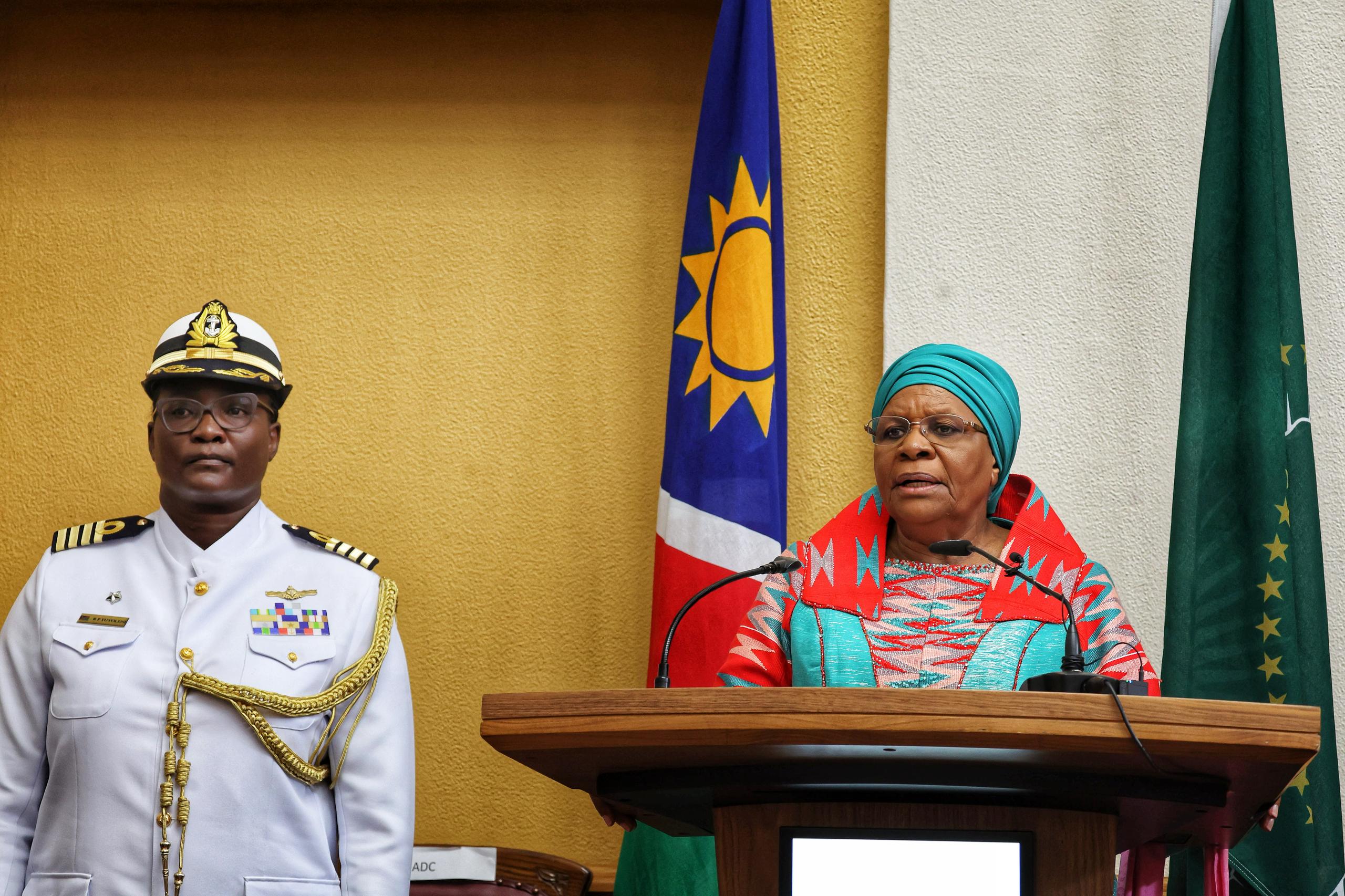Adjacent to Namibia’s coastal town of Lüderitz in the //Kharas region lies a small peninsula called Shark Island.
Approximately 40 hectares in area, the island is synonymous with atrocities perpetrated against Namibians during the colonial era.
Having been modified into a peninsula in 1906, the island’s name will live on in infamy.
It is one of the places where extermination and other crimes against humanity were perpetrated against Namibia’s Herero and Nama people by German colonial forces during the first genocide of the 20th century (1904 and 1908).
REBELLIONS
In early 1904, a major rebellion by the Herero people against German colonial settlers took place.
This uprising was triggered by issues such as loss of property, increasing debt in an attempt to resettle lost herds, low wages on white-owned farms, as well as racial inequalities between the Hereros and the Germans.
Namibia’s Nama people would also carry out an uprising against the German colonialists that same year.
These rebellions were eventually suppressed and thousands of prisoners of war and noncombatants were rounded up and transported to concentration camps under the command of the then German general Lothar von Trotha.
They included Shark Island where prisoners were subjected to inhumane and degrading treatment such as starvation, rape, forced labour, and beatings.
Unsanitary living conditions culminated in deaths from otherwise preventable and curable diseases, effectively turning Shark Island into an extermination camp.
After the Shark Island camp was closed in April 1907, prisoners were transferred to an open area near Radford Bay.
Although the exact number of deaths at Shark Island remains sketchy, it is estimated that, combined with the deaths among prisoners held elsewhere at Lüderitz Bay, it exceeded 4 000 lives.
Shark Island would form a blueprint of what Europe’s Jews would face during World War II (WW2).
Between 1941 and 1945, during what Nazi Germany called the Final Solution, the Nazis and their collaborators systematically killed some six million Jews – around two-thirds of Europe’s Jewish population at the time – across German-occupied Europe.
Nazi Germany created six major extermination camps to carry out this genocide and forced labour. These camps were all located in Poland and include Belzec, Sobibor, Treblinka, Majdanek, Chelmno, as well as Auschwitz-Birkenau.
SHINING A LIGHT ON DARK TIMES
In a commendable move by the Namibian government, Shark Island was declared a national heritage site on 15th February 2019.
One of the six former Nazi concentration camps, Auschwitz-Birkenau, has been granted Unesco World Heritage Site status.
Granting this same status to Shark Island would be another step in the right direction for humanity.
Although the magnitude of the atrocities committed on Shark Island is dwarfed by that of Auschwitz-Birkenau and other Nazi concentration camps, all these concentration camps had one aim: Genocide.
All these camps serve as a stern reminder to humanity of the destructive consequences of unchecked hatred and discrimination.
All also hold huge educational value for humanity.
While many sites on the Unesco World Heritage Site list are celebrated for their historical significance or beauty, the inclusion of Shark Island would underscore the importance of acknowledging the darker chapters of human history.
Shark Island needs to be considered in the context of humanity and not as confined to Namibia alone.
SUFFERING AND SIGNIFICANCE
It would serve as a reminder of our shared history and help ensure that future generations keep learning from the past, hopefully fostering a commitment to preventing such horrors from happening again.
It would also be a significant way to remember and honour those who suffered at the hands of colonialists at Shark Island and elsewhere during the genocide.
Not only would it engender a shared empathy with the Namibian people, who still suffer from the aftermath of the genocide, it would ensure that our cultural heritage and human dignity are cherished.
- * Christian Nghiyoonanye Haikali is pursuing a master’s degree in international law at the University of International Business and Economics in China.; haikalichris@gmail.com
Stay informed with The Namibian – your source for credible journalism. Get in-depth reporting and opinions for
only N$85 a month. Invest in journalism, invest in democracy –
Subscribe Now!










